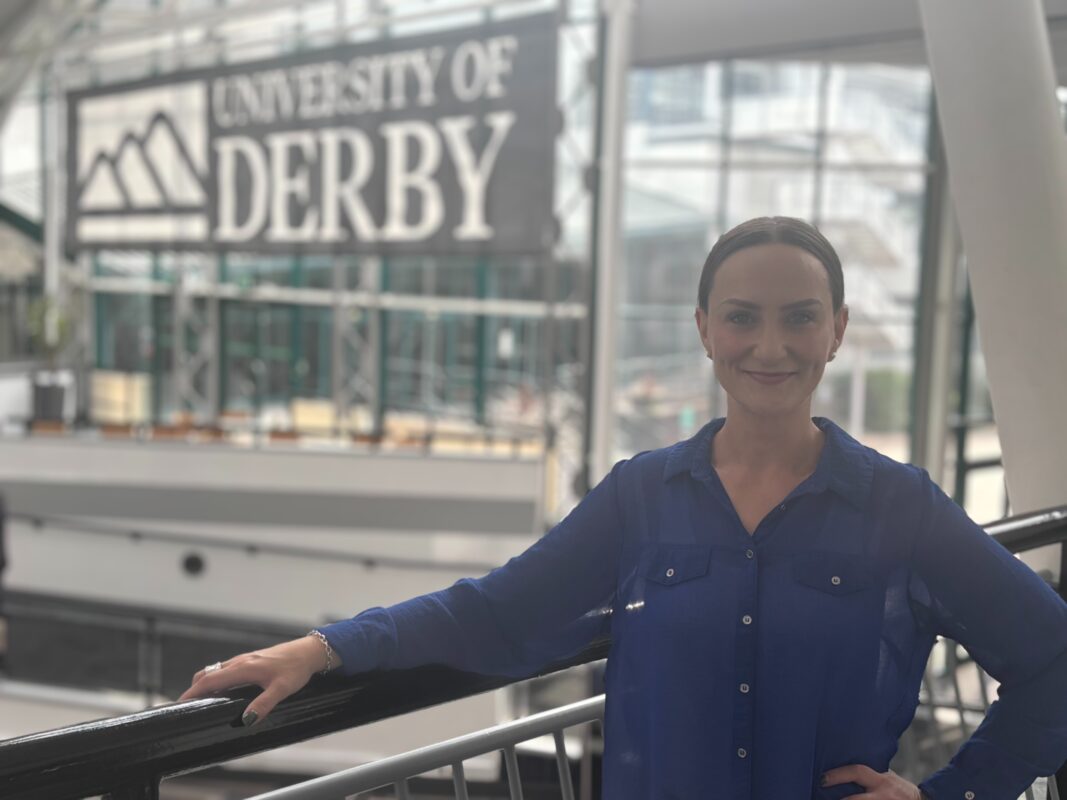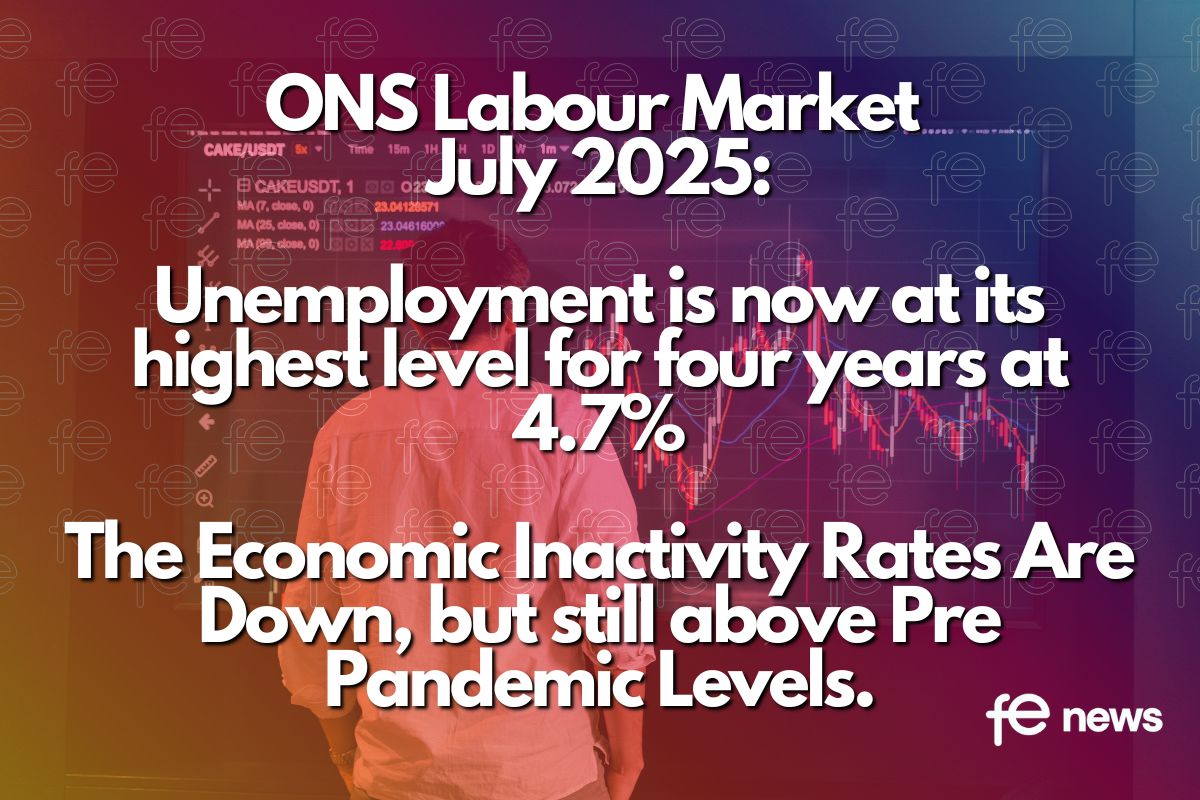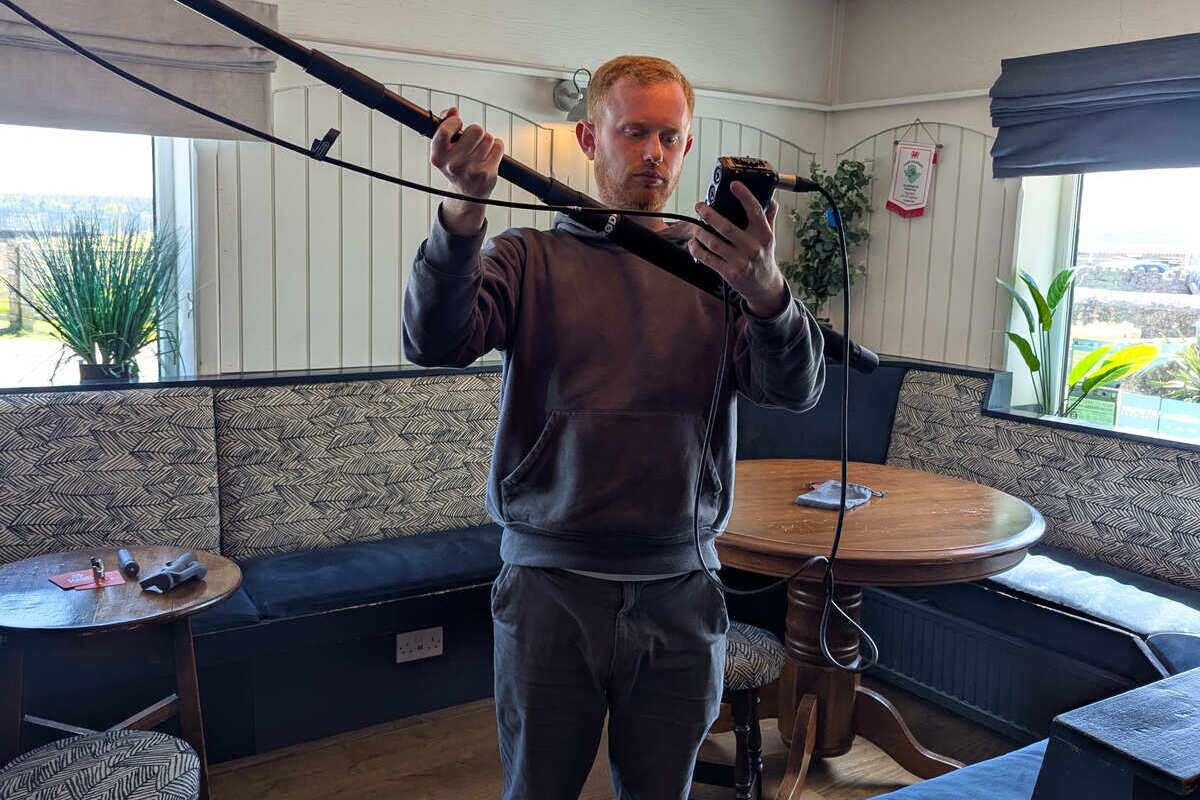The Economy of the Humber Estuary, A Divide too far?

A Review of the Hull skills provision: the parts are greater than the whole’
The Humber Region has many outstanding TVET institutions, Post 14 and HE, providing an excellent skills supply chain. However, this has not yet brought about a coherent skills/economic ecosystem, and the Humberside economy remains fragmented.
Despite sitting on one of the great estuaries of the UK, the Humber region consistently produces poor economic indicators. The region is politically and administratively divided. Yet it contains many innovative and high-quality skills institutions. Are these able to support a platform for a socio-economic skills ecosystem, something that regional politics has failed to achieve?
Economic inactivity
An official unemployment rate in Hull of 3% is dwarfed by an economic inactivity rate of 25% (UK 21%). Figures are slightly worse for the Humber region as a whole, 8.3% are recorded as not in education, employment or training, (UK 3.2 using the same criteria). The Humber Estuary is still dominated by traditional heavy industry and trade. Collectively the Humber docks of Immingham, Grimsby, Hull and Goole are the UK’s largest port by tonnage, mainly through energy supply chains. The key economic sectors of the ‘Humber Industrial Cluster’ (Lagdon Project} are iron and steel, refining, chemicals, energy from waste, cement and glass. 17% of employment is in manufacturing. Little wonder the Humber is the most polluted estuary in the UK.
Well, someone has to do it. But this concentration of heavy industry, much of it in need of restructuring to promote a greener economy, is not an ideal environment in which to motivate young people with a vision of a skills led, entrepreneurial future.
An exciting array of Technical and Vocational Education and Training institutions
Yet perversely this is what an exciting array of Technical and Vocational Education and Training institutions (TVET) are proving they are able to provide.
Hull College is a large (8,000 students)) General Further Education College, providing apprenticeships, vocational courses, and substantial higher education. It is a regional civic and economic anchor institution, taking students from throughout the estuary, north and south of the river.
At present it is investing heavily in Goole. Debra Gray MBE, appointed CEO in 2022, is transforming the College with a forward-looking approach to skills. She is involved in research into future employment needs and anticipates that over the next ten years or so 45% of employment in the region will influenced by artificial intelligence (AI). This will be a quantum change from the present employment position and will require inspired collaborative planning.
The challenges are huge. KS4 input indicators are low. Many students come from highly deprived backgrounds, 30% have learning difficulties. By and large entry qualifications are below average. Yet the college sends roughly a third of its students to higher level study, and around two thirds into employment. 95% of students go on to positive destinations. At present the Humber supports a largely low skills economy, but the College is increasing its capacity to provide skills in the sphere of connectivity, the technology of satellite communications, fibre infrastructure, mobile ‘phones, wind farms, and greener applications for the chemical industry. Progression into being a good employee or into self-employment is a core aspect of the curriculum.
Regional powerhouse
If Hull College is a regional powerhouse, developing a polytechnic style niche in the local economy, then the University brings a significant national/ international academic reputation. The University is generating a new focus and energy to the Humber region. 54% of graduates progress regionally, breaking the lamentable pattern whereby successful universities in poor regions give students the skills and motivation to leave.
With a dynamic new leader, David Petley, the University is extending its support for developing a potential high skill regional economy. It is expanding its emphasis on natural and environmental sciences, health, digital media, robotics and popular music. Last year the University commissioned an economic impact study, looking in particular at the influence of its Enterprise Centre spin offs and startups.
Sarah Pashley is the go-ahead CEO of the Ron Dearing University Technical College (UTC), an outstanding school impressively embedded in the existing regional economy. The board of governors reads like a who’s who in Hull
The School’s curriculum is innovative, but with an eye to the local economy: including engineering, creative, digital, bio-tech and health care. Managers take an active interest in the Humber environment, including a major carbon capture project. The curriculum is well embedded in the Hull economy, with a large number of employer partnerships, who contribute financially to the school.
Highly innovative Edge Hub
Much less formal is the highly innovative Edge Hub, CEO Antonio Tombanane. This independent training provider (ITP) raises its own funding to upskill largely adults in the digital world. They are well connected. Antonio speaks easily about links with IBM, Microsoft, Google, Amazon. The curriculum is largely bespoke, but with some formal provision, such as City & Guilds.
The skills provided range from traditional manufacturing to fast moving proficiencies such as cyber-security or risk management, with provision ranging through boot camps, realistic working environments to incubator units. Students come from throughout the Humber region, and studies range from basic, transferable skills, to post graduate provision, providing that last connection from maybe a maths degree into a career in, say, artificial intelligence. Some students use redundancy money to re-skill, some are self-employed and fund themselves, some are sponsored by platform employers to ensure a steady skills supply.
Stuck on a sandbank
Yet despite these outstanding institutions supporting a high calibre skills supply chain the regional economy continues to underperform. Levelling up has not reached the Humber. ‘Stuck on a sandbank’, as Mark Campey, a local businessman put it. The thing he admires most in his workforce is loyalty. There is a skills deficit among older employees. He prefers to train his own staff, mostly in manual skills, in common with many established and, indeed, some newly arrived companies. He values a ‘can do’ attitude. Retention is good, which he puts down to the low cost of living locally. His business focusses to the north of the estuary, into Yorkshire, with offices in Hull, York and Scarborough. He does not look to the south of the region.
However, the Humber area does not lack entrepreneurial energy. There is, for example a vibrant bio-technology field, and there are signs that the various incubator units are leading to employment and self-employment. There is a cluster of firms which are based on mobile ‘phone technology and their applications but not, as yet a coherent network of competence such as digitalised music in Manchester, or visual arts in the London to Bristol corridor.
Geography does not help. There was no estuary bridge until 1981, and some institutions retain a ‘ferry mentality’ or’ the end of the line’ perspective. The city of Hull is short of space, with communications jammed between river and sea. Lincoln to the south, and Beverley and York to the north offer attractive centres, without the legacy of heavy war damage and a collapsed fishing industry. Political divisions and structures are divisive. Politicians see the estuary as a boundary not a corridor, with a northward or southward focus accordingly. Humberside airport is to the south. The local authority, North Lincolnshire, speaks confidently of the freeport, aviation, air traffic control, but has had no dialogue with institutions to the north, such as the University or College. In contrast to the manufacturing of the north, authorities to the south have a focus on the food industry.
In Hull, Alex Codd, Assistant Director Economic Development and Regeneration, has been energetic in the City, understanding the role of transferable skills and future looking skills, such as fibre engineering. He is chair the Advisory Board of Hull Training and Adult Education, with over 3000 learners, delivering the Bootcamp and Multiply programmes, the former in close partnership with businesses. This is drawing in significant additional funding through the Adult Education budget, in excess of £5m last year. He realises that the area is held back by underperformance at key stage 4, and values the employer related and innovative work of the Ron Dearing UTC,
No estuary vision
There have been a number of attempts at a Humber Regional Authority or enterprise zone. A Humberside County Council was established in 1974 but broken up into four authorities in 1996. The need to work together is widely recognised, but there is no catalyst. Politician’s accountabilities are to outdated structures, and hence their intransigence. No estuary vision has been generated.
The Humber is a region where a potential corridor has been carved up by political boundaries (four Local Authorities, and two Local Enterprise Partnerships) that no longer make economic sense. There is an urgent need to create a green economy for a polluted river, a stronger economy to compensate for present and future decline, such as the vulnerable Scunthorpe steel works, and a skills-based economy to create a future for the young people of the area. But things happen piecemeal, as yet insufficient to floated the economy off the sandbank. Perhaps a local Humberside mayor and authority might help to concentrate the necessary political will, but this was rejected, two years ago, by East Yorkshire.
Unlike other regions with potential, the estuary has failed to generate a viable socio-economic ecosystem. Good things happen, but in isolation. Learning and skills are excellent, but there is little recognition of this at the political or ideological level. Economic, technological and ecological initiatives are of a high order, but they happen in isolation. There is no purpose led social ecosystem in dialogue with the talent pipeline. No general questioning of the regional role in any levelling up processes. Working, living and learning are fragmented. There are no socialised, technological transitions (Spours 2024) to support a sustainable and fairer just transition to a high skill, greener future.
Still dominated by historical contrasts and traditional employment, it is a region where the parts are greater than the whole.
By Paul Grainger and Andrew Miller
Paul Grainger, Honorary Senior Research Associate, UCL, 2018- 2022, Co-Chair T 20: Task Force 2 The Future of Work. Senior Policy Analyst, Global Foundation for Cyberstudies and Research
Andrew Miller is a local Humber businessman now retired. Started life as a local solicitor and progressed into various commercial business interests eventually settling into real estate throughout the Humber area and further afield including the USA
Having spent his 62 years of life in the Humber region he has had regular dealings with all 4 local authorities and developed a wide breadth of business connections throughout the region.











Responses